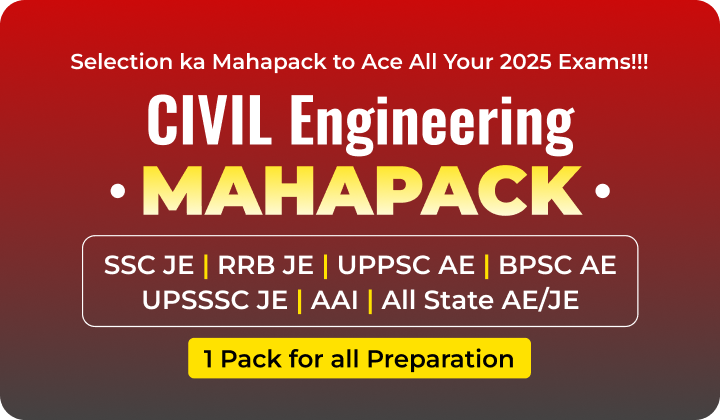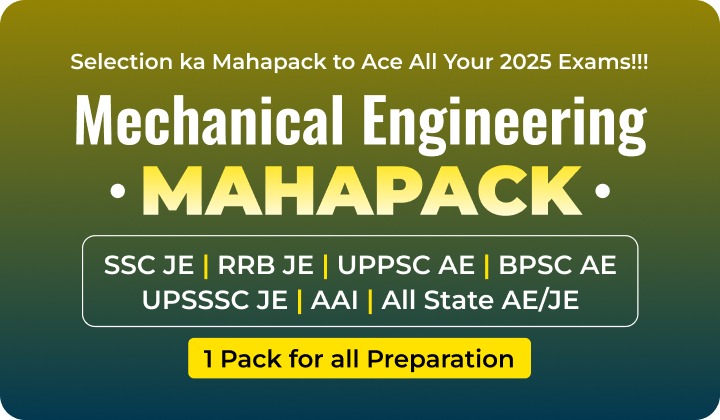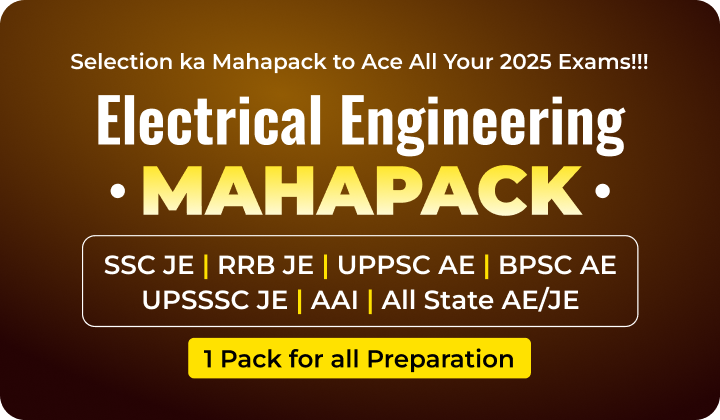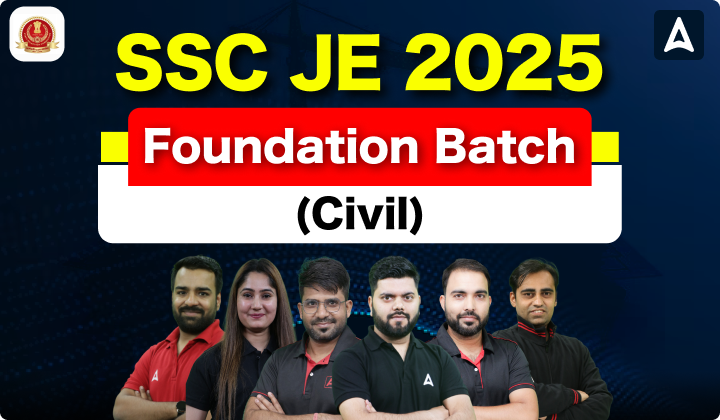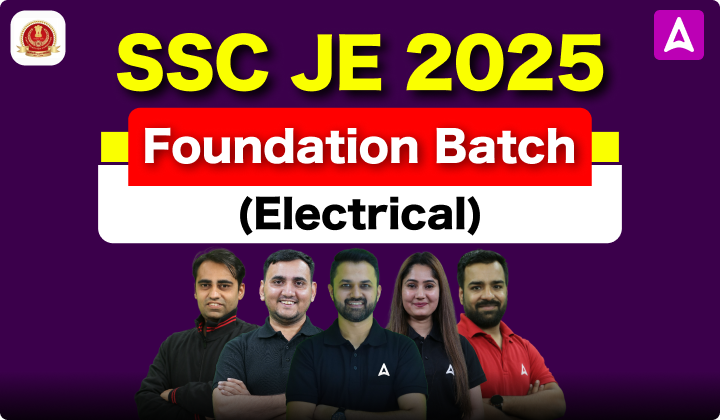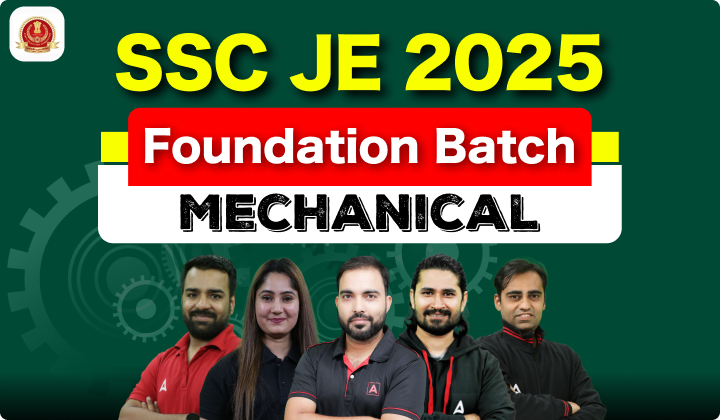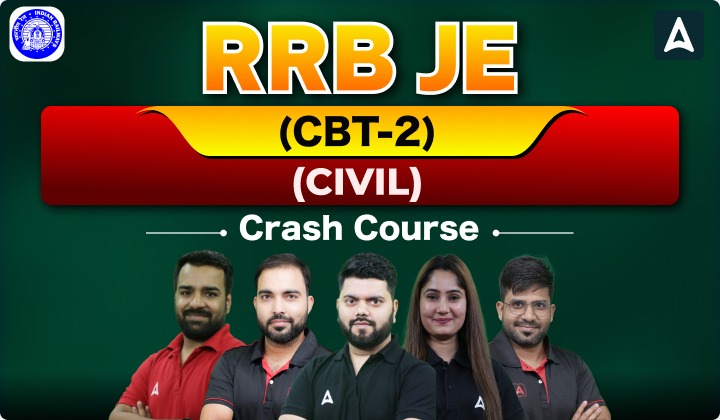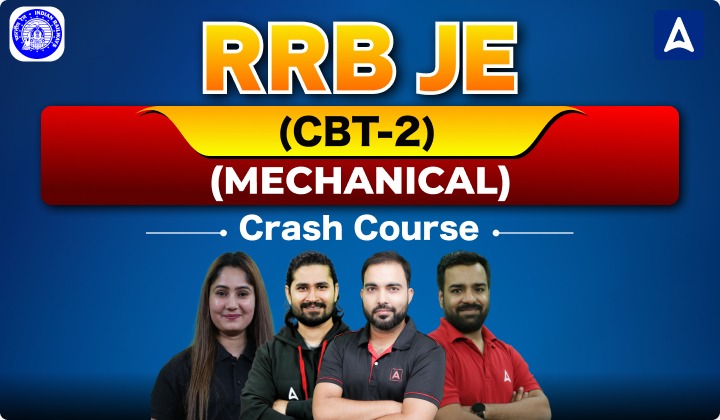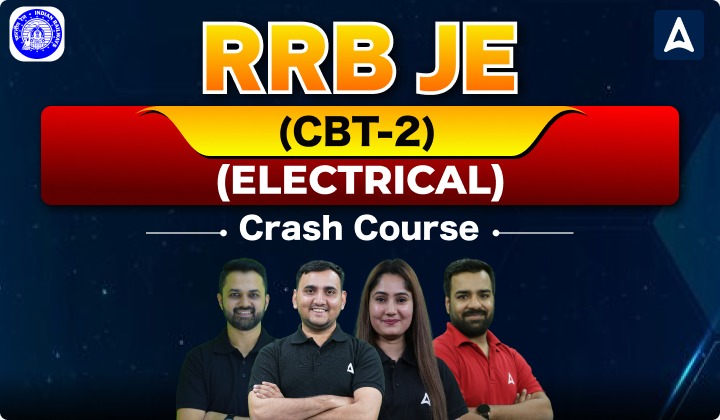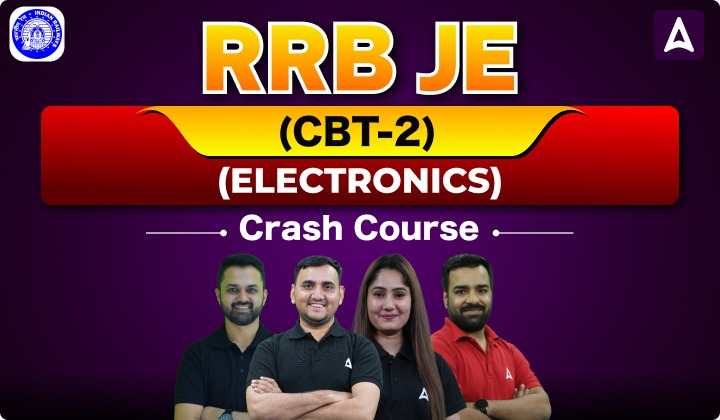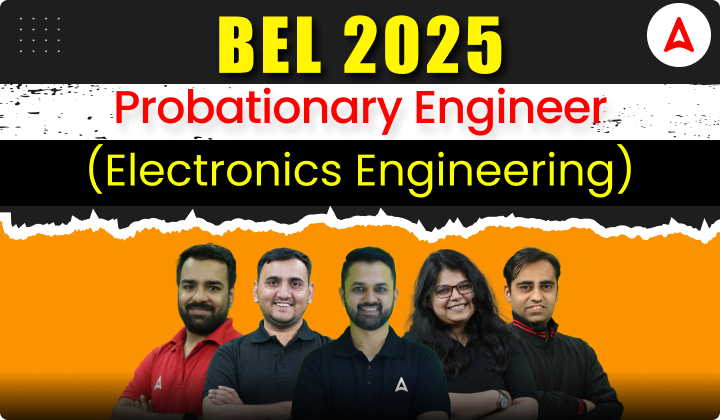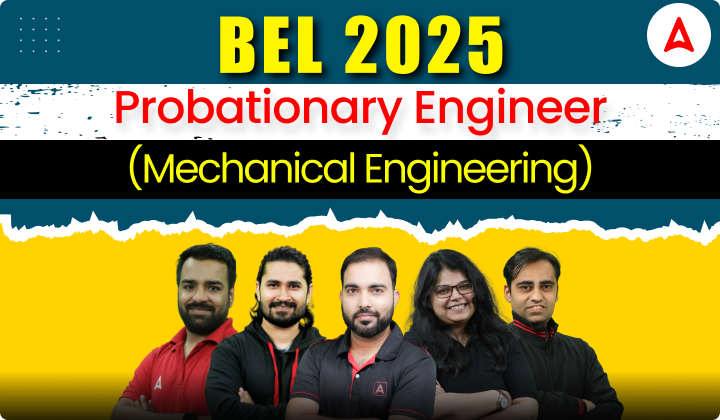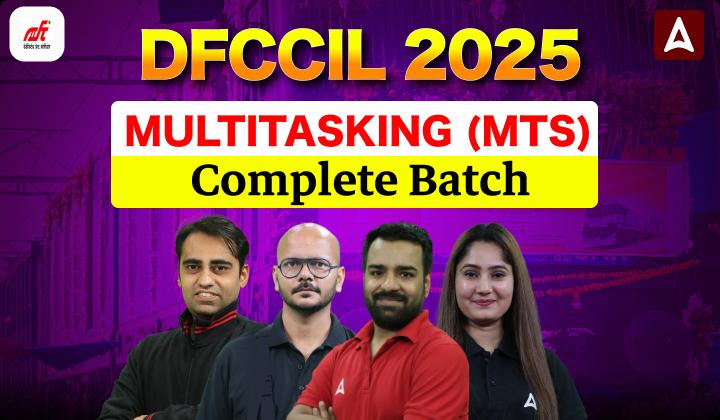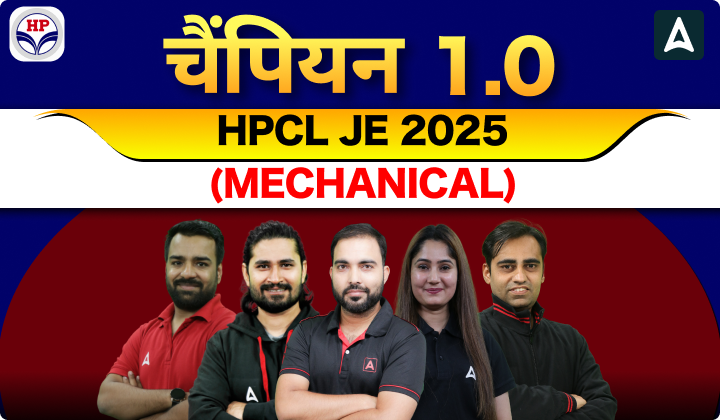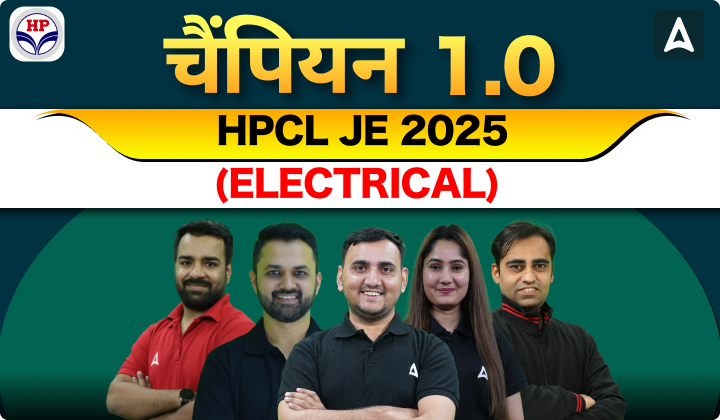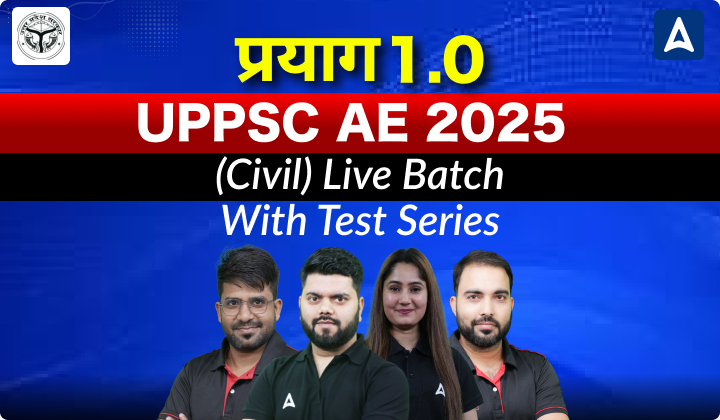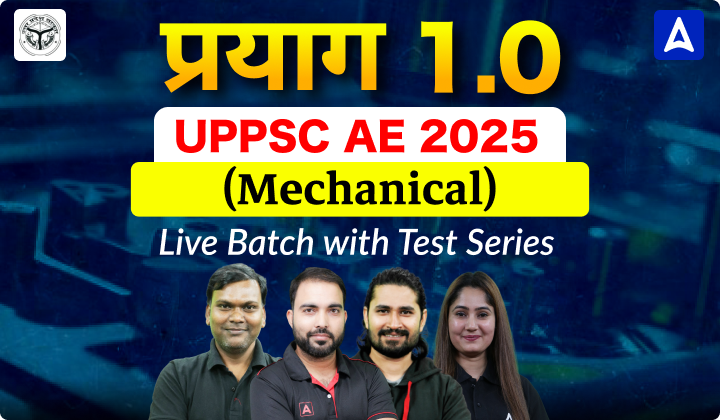Table of Contents
Science, Technology, and Engineering have dominated our changing world for many years. Advancements in these fields are responsible for expanding the global economy, accelerating growth, and inundating people with material comforts. The modern world can not be imagined without the pace of Engineering Development happening all across the globe. This explains best career options after engineering which most preferred choices among the masses of the youth population across the globe.
Engineering or B. Tech (Bachelor of Technology ) is a four-year technical course at an institute certified by All India Certification for Technical Education (AICTE). There are different engineering streams that a candidate can opt for when choosing an engineering college for them. Owing to the large-scale penetration of Indian youths in Engineering Colleges for B.Tech courses, many people need to look out at the career options available to them after completing the four-year B.Tech Course in an Engineering College. This article provides comprehensive information about the career options that one can target after doing their engineering.
Career Options after Engineering – Overview
Considering a report published on a famous statistical website, the employability rate among engineers in India is just 64 % of the total engineering graduates in the country. What makes for such a dismal figure of the employability rate among the engineers in the country? It’s probably the unawareness among the engineers studying engineering in their respective colleges. There are a plethora of career options available after engineering to engineers only on the condition that they are willing to understand their potential and are acutely aware of the career options available to them.
What to do after completing B.Tech?
Before even joining an engineering college, this question rattles among the students, parents, and other stakeholders involved- what should one do after completing B.tech? This question has become more important today after witnessing the employability rate among engineers and the desperation of an engineer to join any sector on account of being unemployed for years. To ease your worry, we wish to tell you an engineer is capable of doing numerous things after engineering, and rarely a sector you’ll see where engineers have not marked their presence. Here we have discussed the different areas an engineer can get into after completing engineering.
College Placements
College Placements are the first and foremost option for Engineers seeking to secure their careers. The choice of the right college becomes very important here. Aspiring Engineers should deeply research the college before taking admission into an engineering college as not many colleges offer 100 % Placement. The branch choice is also important here as there are some engineering branch like CS which sees the maximum placement compared to branches like Civil and Mechanical which are currently experiencing some setbacks because of rising automation in many areas. If College Placement is the priority for Engineers, they should endeavor in that direction to ensure that they are placed in a good company.
Candidates should follow these steps if their sole target is getting placed in an engineering college-
- Try to score consistently better marks in all semesters of your B.Tech course. Many companies arriving in college placement shortlist candidates based on the GPA they have received in their semester’s exam.
- Complete one or two projects and get them certified. It will add to your profile and your recruiter will be impressed with your profile, increasing your chances of placement.
- Try to improve your conversation skills as it plays a major role while selecting candidates from the campus. Your technical skills will not have much value if you are not able to express what you know.
- Take part in extracurricular activities and college fest which boost your personality and increase your confidence. Sometimes a candidate is assessed based on his passion for an activity.
Higher Studies after B.Tech
Candidates with a mindset of doing higher studies such as M.tech or MBA should devote their energy in that direction. The suitable choice for technical graduates to make after completing their B.Tech is M.Tech but it has been observed that many excellent engineering graduates choose an MBA too as it broadens their perspective and they can apply both their technical skills and management skills. The GATE Exam is the way for the Engineering graduate to do an M.Tech from a reputed college and the CAT exam opens the way for technical graduates toward the marvelous IIMs of the country. Candidates can also apply to M.SC in some India Institutes and foreign institutes based on GATE Score.
Industry Experience
Many Engineering Graduates do internships in industry to broaden their experience and observe the application of the theory knowledge into practice. There are many options to do an apprenticeship which pays up to Rs 10k in hand along with the industry experience certificate which expands the job profile of the Candidates. Candidates can also join a company as an intern while they are doing engineering to gain relevant experience if they are permitted by college authorities. Industry experience helps a lot in the case of Mechanical and Civil Engineers who can visualize the direct application of concepts learned in college.
A job at Public Sector Undertaking (PSU)
PSUs are a dreamt by a great number of engineers in the country. PSU, along with offering handsome pay, provides a remarkable work experience that greatly enhances the profile of an Engineering Graduate. Most PSU recruits through the GATE Exam followed by good performance in the Interview and other factors depending on the recruitment criteria of a PSU.
A list of important PSU an Engineer can join after doing engineering are as follows-
- National Thermal Power Corporation (NTPC)
- Oil and Natural Gas Corporation (ONGC)
- Steel Authority of India(SAIL)
- Indian Oil Corporation Limited ( IOCL)
- Bharat Petroleum Corporation Limited (BPCL)
- Hindustan Petroleum Corporation Limited (HPCL)
- Bharat Electronics Limited (BEL)
- Hindustan Aeronautics Limited (HAL)
Civil Services Examination
If there is one area where engineers have dominated their maximum presence, it’s the Civil Services Examination. Every year we see a great number of Engineering Graduates qualifying for the UPSC Exam to become IAS, IPS, IFS, and other reputable positions. Many Engineers choose optional as one of the engineering subjects they have studied in their engineering years. The UPSC CSE Exam consists of three stages, prelims, mains, and interviews, and an optional subject is taken in the UPSC Mains Exam.
SSC JE and RRB JE Exams
SSC JE and RRB JE are the two most important exams for B.Tech graduates to secure a government job in the technical area. SSC JE Exam is conducted by the Staff Selection Commission to recruit engineering graduates of Mechanical, Electrical, and Civil Streams to various government areas such as the Public Works Department, Border Roads Organization, Engineering services at defense, and other important areas. RRB JE Exam is a gateway for engineering graduates to secure a job in the Indian Railways at various important positions. Thus, a candidate who wants to do a government job in technical areas should focus on these two most important exams, SSC JE and RRB JE.
Entrepreneurship
After the Startup India Scheme, the number of Startups in the country has exponentially increased and we have crossed the mark of 100 Unicorns making us among the top three countries with the most number of Unicorns. Entrepreneurship is a fascinating yet promising aspect for Engineers as they can try their hands at building and scaling up an idea. Many Startup founders are engineers and mainly from IIT, however, the college is not the constraint, what is required is an indefatigable zeal to build something and an irreversible passion to work on it.




